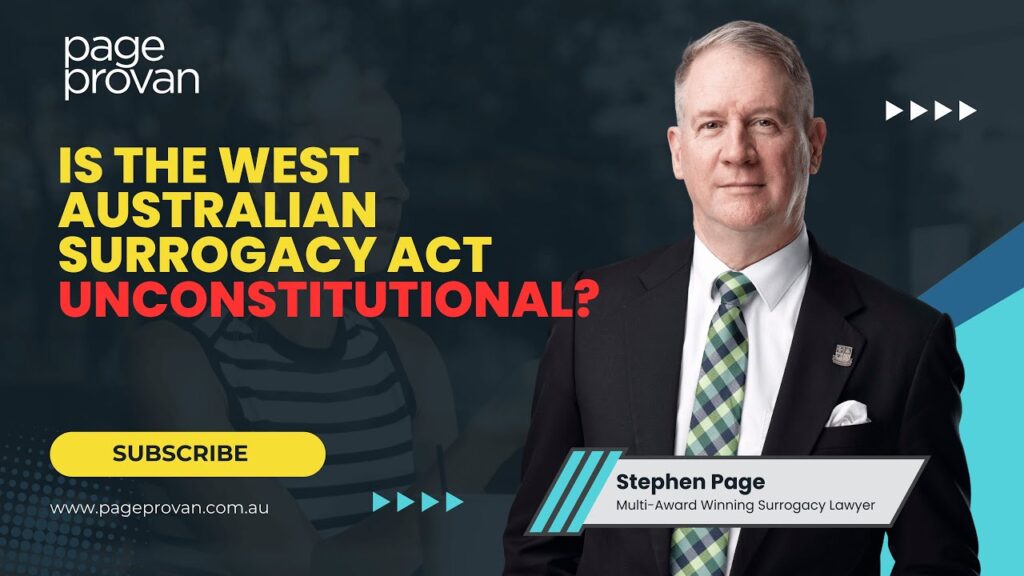Case: How to have costs ordered against you
The recent case of Knight and Sullivan (No 2) [2008] is a good illustration of what not to do if you want to avoid a costs order against you.
It illustrates that costs orders can and are made at times in family law proceedings.
The facts
The father, who was disgruntled with consent orders made concerning the children, sought within a short time of the orders having been made to have them changed. He needed to show a change in circumstances, which he did not.
The mother then sought, and obtained, an order for costs against the father.
Aside from being the father being wholly unsuccessful, the court set out a list of what the father had done:
Even … having proper regard to the Father being a self-represented litigant, it seems to the Court that the conduct of the proceedings by the Father fell significantly short of what might properly be required of a self-represented litigant to found an application to vary earlier but relatively recent consent orders. That is of course reflected in the Court’s dismissal of the application and the conclusion reached and set out above. A close examination of the Reasons for Judgment … reveal that on almost all of the alleged changes in material circumstances, the Father either:
-led no evidence;
-led evidence which revealed no material or sufficient change;
-failed to provide any, or any sufficient, particulars of relevant matters (such as his financial position, and public and private transport arrangements);
-failed to make apparent what order was sought in relation to a particular issue/s;
-led evidence on matters of no relevance, or no relevance to any order sought;
-or made an assertion of changed circumstance wholly inconsistent with earlier consent orders signed by him and his solicitor, and then only after “a very significant delay” of sixteen months.












